Cardiac & Vascular Services
Heart disease is responsible for 1 in every 4 deaths in the United States.
Stroke is the leading cause of long-term disability in our country.
Knowing the early signs of a stroke can increase your chances of recovering from this disease.
CardioPulmonary Department Services
Join our Stroke Survivor Support Group
Recovery from a stroke can be a long and ongoing process. The journey doesn’t end when patients are discharged from the hospital. In fact, many patients undergo months or years of therapy to regain their speech, mobility and cognitive abilities.
To support patients, their families and caregivers throughout the recovery process Idaho Falls Community Hospital is proud to offer a monthly support group for stroke survivors.
Second Tuesday of the Month
5:00pm - 6:30pm
Meetings are held in the Board Conference Room, located in the basement of Idaho Falls Community Hospital or online via Zoom.
Frequently Asked Vascular Questions
- Testing is painless and easy, no fasting or test prep is required.
- Arteries carry oxygen and nutrients to the legs. Poor arterial flow can cause pain (at rest and with movement), inflammation, and nonhealing wounds.
- Narrowing of your carotid arteries is the #1 cause of stroke. Narrowing can be identified through a simple ultrasound.
- Abdominal aortic aneurysm is a silent killer. These can only be identified through screening; most are found by chance on another test or at the time of a rupture.
- Varicose veins are a common, visible symptom of venous disease, which can progress to aching, inflammation, or ulcers.
- A carotid ultrasound of the neck looks for narrowing of the carotid arteries, which could cause a stroke.
- An ultrasound of the abdominal and pelvic arteries can identify an abdominal aortic aneurysm.
- An Ankle Brachial Index (ABI) test compares the blood pressure at your ankle with the blood pressure at your arm. This gives an indication of potential blockages in your arteries.
- A venous ultrasound of the lower extremities evaluates the efficiency of the blood flow leaving your legs.
There are several conditions that can put you at a higher risk for vascular disease.
- Diabetes
- High Cholesterol
- Obesity
- Open sores on legs, ankles, feet, and toes
- Aching and/or pain in the legs, especially when walking
- A family history of heart attack, stroke, varicose veins, and aneurysms in the abdomen or legs









